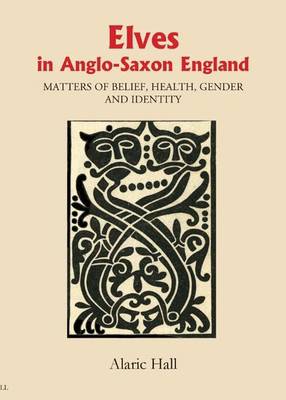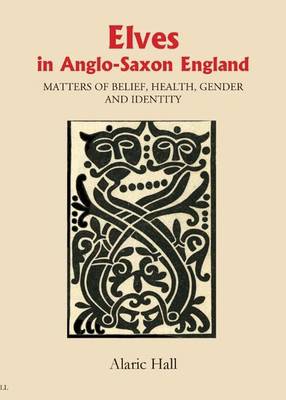
- Retrait gratuit dans votre magasin Club
- 7.000.000 titres dans notre catalogue
- Payer en toute sécurité
- Toujours un magasin près de chez vous
- Retrait gratuit dans votre magasin Club
- 7.000.0000 titres dans notre catalogue
- Payer en toute sécurité
- Toujours un magasin près de chez vous
Elves in Anglo-Saxon England
Matters of Belief, Health, Gender and Identity
Alaric Hall
Livre relié | Anglais
177,45 €
+ 354 points
Format
Description
Elves and elf-belief during the Anglo-Saxon period are reassessed in this lively and provocative study. Anglo-Saxon elves [Old English ælfe] are one of the best attested non-Christian beliefs in early medieval Europe, but current interpretations of the evidence derive directly from outdated nineteenth- and early twentieth-century scholarship. Integrating linguistic and textual approaches into an anthropologically-inspired framework, this book reassesses the full range of evidence. It traces continuities and changes in medieval non-Christian beliefs with a new degree of reliability, from pre-conversion times to the eleventh century and beyond, and uses comparative material from medieval Ireland and Scandinavia to argue for a dynamic relationship between beliefs and society. Inparticular, it interprets the cultural significance of elves as a cause of illness in medical texts, and provides new insights into the much-discussed Scandinavian magic of seidr. Elf-beliefs, moreover, were connected withAnglo-Saxon constructions of sex and gender; their changing nature provides a rare insight into a fascinating area of early medieval European culture. Shortlisted for the Katharine Briggs Folklore Award 2007 ALARIC HALL is a fellow of the Helsinki Collegium for Advanced Studies.
Spécifications
Parties prenantes
- Auteur(s) :
- Editeur:
Contenu
- Nombre de pages :
- 238
- Langue:
- Anglais
Caractéristiques
- EAN:
- 9781843832942
- Date de parution :
- 15-03-07
- Format:
- Livre relié
- Format numérique:
- Genaaid
- Dimensions :
- 163 mm x 241 mm
- Poids :
- 512 g

Les avis
Nous publions uniquement les avis qui respectent les conditions requises. Consultez nos conditions pour les avis.






